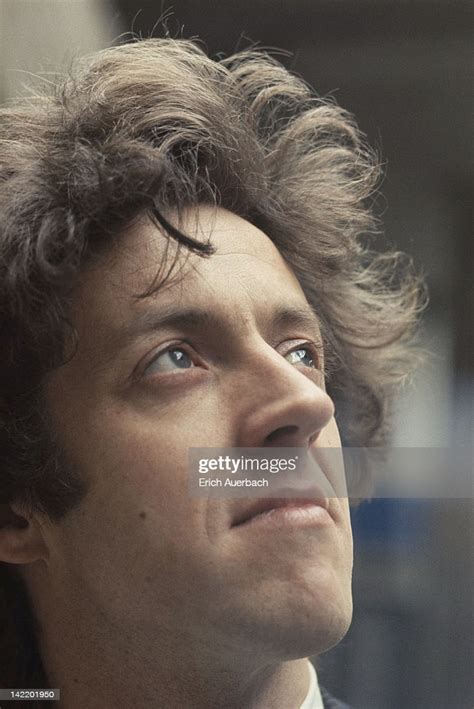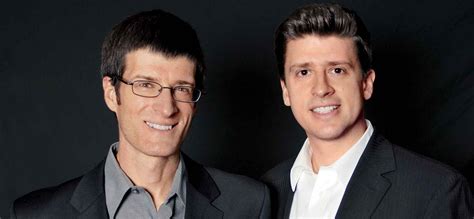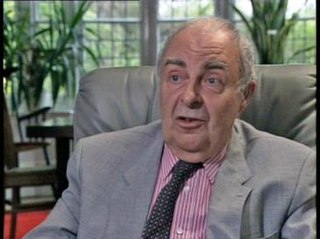A Quote by Albert Einstein
Everyone sits in the prison of his own ideas; he must burst it open, and that in his youth, and so try to test his ideas on reality.
Related Quotes
Conservatism is sometimes a symptom of sterility. Those who have nothing in them that can grow and develop must cling to what they have in beliefs, ideas and possessions. The sterile radical, too, is basically conservative. He is afraid to let go of the ideas and beliefs he picked up in his youth lest his life be seen as empty and wasted.
Emile Saint-Blague had been a lively, versatile painter in his youth, but he had abused his energy by painting too many pictures; so that in what might have been the ripe period of his art he had nothing left but ideas. A man who has nothing left but ideas may be of great service to his friends, but he is of no use at all to himself. Emile was certainly an inspiration to his friends.
An isolated person requires correspondence as a means of seeing his ideas as others see them, and thus guarding against the dogmatisms and extravagances of solitary and uncorrected speculation. No man can learn to reason and appraise from a mere perusal of the writing of others. If he live not in the world, where he can observe the public at first hand and be directed toward solid reality by the force of conversation and spoken debate, then he must sharpen his discrimination and regulate his perceptive balance by an equivalent exchange of ideas in epistolary form.
The ordinary method of education is to imprint ideas and opinions, in the strict sense of the word, prejudices, on the mind of the child, before it has had any but a very few particular observations. It is thus that he afterwards comes to view the world and gather experience through the medium of those ready-made ideas, rather than to let his ideas be formed for him out of his own experience of life, as they ought to be.





































